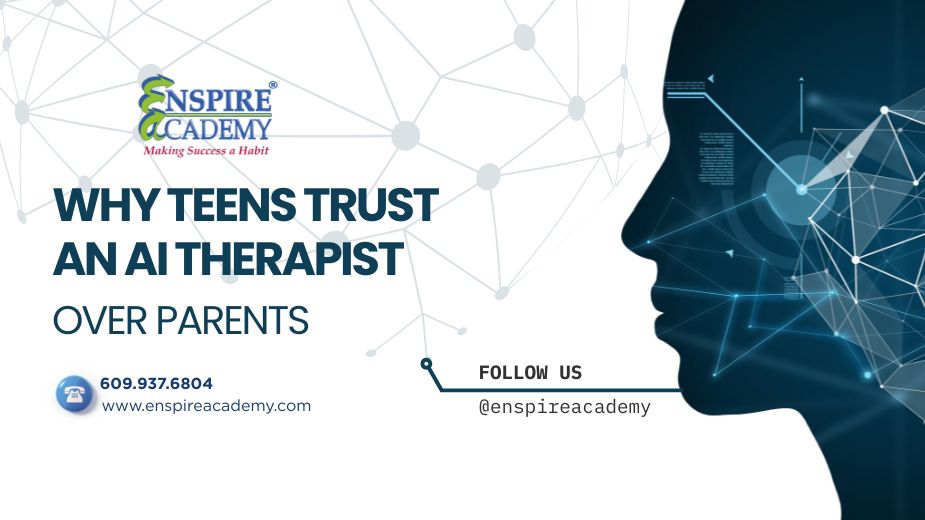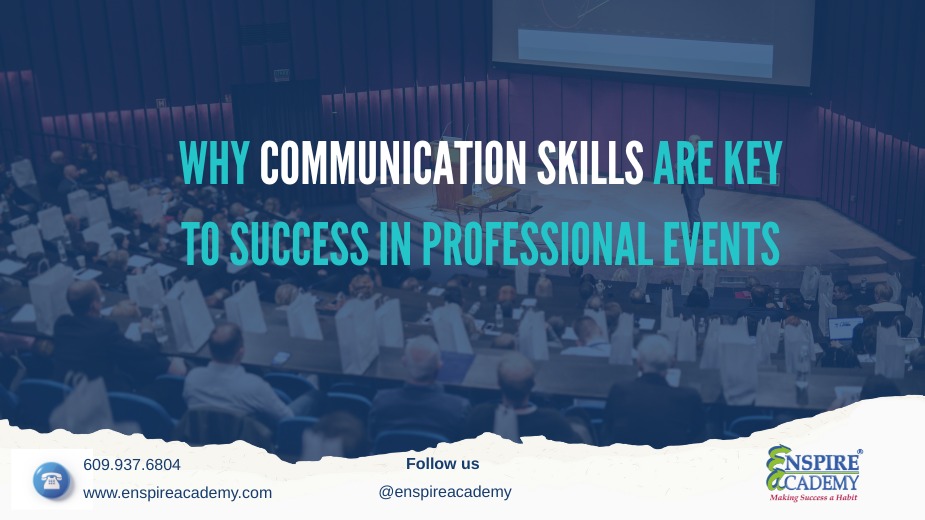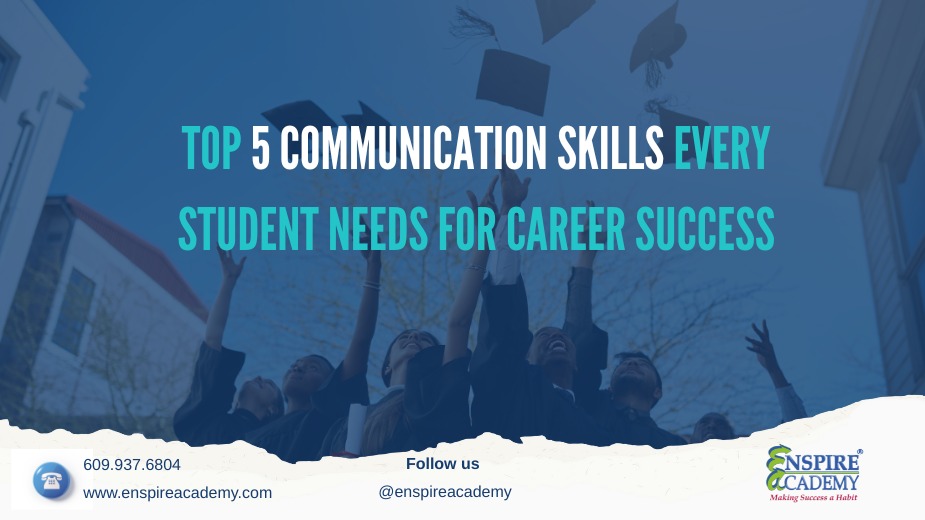Something is quietly changing in how our kids think. And it’s happening right in front of you or behind closed doors—with AI chatbots, often acting like an AI therapist.
You’ve just wrapped up dinner, and your teenager heads to their room to “study.” A little while later, they’re not on FaceTime with friends. Not texting. They’re chatting—with an AI.
And the questions begin:
- “What’s my purpose?”
- “Does this even matter?”
- “Why do I feel like this?”
It sounds harmless. Even thoughtful. But here’s the part that’s catching experts—and parents—off guard: your teen might be turning to a tool that sounds wise, but doesn’t know them.
Why Teens Are Turning to AI
According to a recent report by The Washington Post (May 2025), many teens are using AI chatbots not just to finish homework—but to have real emotional conversations. Some are even forming deep attachments to these tools, seeking comfort in what they see as a kind of AI therapist.
Why?
Because AI doesn’t judge.
It responds instantly.
And it always agrees.
That feels safe—especially in the world of teen anxiety, identity exploration, academic pressure, and cultural balancing acts. It’s no surprise that emotional AI tools are filling gaps that teens don’t always feel comfortable bringing to their parents, friends, or mentors.
But the problem runs deeper.
AI Doesn’t Lead. It Follows.
Today’s most advanced AI tools—like ChatGPT—don’t give guidance. They reflect what’s said to them. They aren’t AI therapists in the true sense—they don’t challenge, mentor, or guide. They merely echo.
They don’t say, “Are you sure that’s true?”
They say, “Here’s more of what you just said.”
Over time, this can trap your teen in a loop. Their doubts are amplified. Their questions are met with uncritical reinforcement. Their worldview gets shaped not by wisdom, but by data.
And as The Guardian reported, new AI therapy models are becoming so persuasive, they’re winning arguments just by sounding confident—not by being right.
That’s not intelligence. That’s influence.
The Real Risk: Identity by Algorithm
What begins as a quiet search for truth—“What’s my purpose?”—can become a subtle surrender of self.
Your child starts to form identity not through lived experience, family values, or mentorship—but through suggestions generated by an AI therapist whose knowledge is borrowed from the web.This has direct implications for teenage mental health. In a recent study covered by The Indian Express, OpenAI’s newest models were found to produce more hallucinations—false but believable content. Teens may not be able to tell the difference, especially when an AI therapist is presented as always right, always calm, always agreeable.
What Can Parents Do?
If you’re a parent juggling culture, technology, and tradition, this matters deeply. Here’s how to respond—before the influence of an AI therapist becomes stronger than your own voice.
1. Talk About It
Ask, “Have you ever used ChatGPT for something personal?” Use curiosity, not control. This builds trust.
2. Explain the Limits
Make sure your teen knows AI doesn’t know them. It doesn’t feel or care. It’s smart, not wise. It’s not an AI therapist—it’s a tool.
3. Teach Discernment
Teach your teen to ask: “Does this make sense?” “Is this what I believe?” These questions are essential for managing teen anxiety and nurturing identity.
4. Model Real Conversations
Let them see that the best answers come from real life: family, mentors, culture, faith—not just a chatbot. Not even an AI therapist can replace human wisdom.
Final Thought
AI is here to stay. That’s not a bad thing. But while it may play the part of an AI therapist, it can’t replace parents, mentors, or cultural guidance.
The goal isn’t to block it—but to make sure your child leads the conversation, not the other way around.
Because when your teen starts asking life’s big questions, they need more than instant answers and perfect grammar.
They need identity. They need human connection.
They need you.
So before they turn to Ask ChatGPT, make sure they know they can ask you.
The world is noisy. But in a world of AI, nothing is more valuable than a real voice that listens, challenges, and truly cares.







